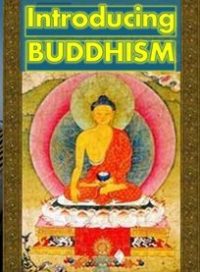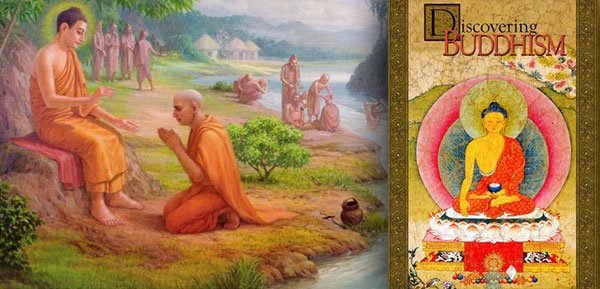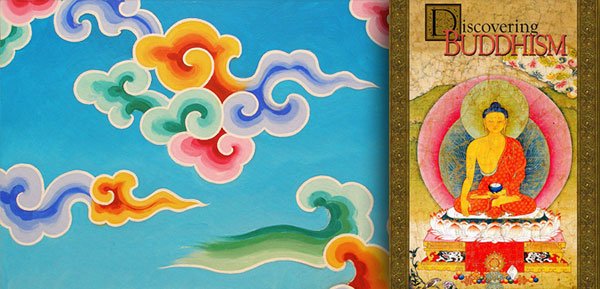Core Program – Discovering Buddhism
Discovering Buddhism
Awakening the limitless potential of your mind, achieving all peace and happiness.
Our core program is this in-depth Discovering Buddhism course that spans three years of study and integration. This program is not designed just as an academic study of Buddhism but is intended to change a person’s life.
It is in-depth study for the committed beginner. More than just intellectual study, the Discovering Buddhism course creates a community of students who grow together supporting each other in their practice and understanding.
The Discovering Buddhism series is made up of 14 modules of study and retreat, covering the Buddhist path in a systematic way, and tailored especially for a western sensibility. Each module is completed over 8-10 weeks, giving you time to study, practice and integrate each new subject. This comfortable pace assists in building a comprehensive foundation of knowledge, skills, and resilience.
Classes run as a hybrid (online and in-person), so feel free to mix and match. The Discovering Buddhism time slot is:
- Tuesday mornings (10.30 am – 12 pm)
- Wednesday evenings (7 pm – 8.30 pm)
Each module runs for 8 sessions of weekly teachings, plus a review class, and an integration activity between each unit.
The Fourteen Modules
You can join this three-year course at the beginning of any module. Please don’t wait until the first module comes around to become part of the program! Most people join after completing a few of the beginner’s Buddhism courses, and are a little familiar with Buddhist terminology.

Not sure if you’re ready yet?
Why not try Introducing Buddhism: A Bridge for Beginners, a course perfectly poised between beginners and the in-depth Discovering Buddhism program.
Come along a sit in on a few classes to see if the course suits you…
If in doubt, please join us!
Although this course is best suited to the committed beginner, we encourage you to take the deep dive in and enjoy the broad and inspiring approach.
Other ways you can participate

Our Catch-up Classes have both soundfiles and video, and are available as part of a course package. Classes can also be found in the Soundfile and Video Archive for LTC members and Subscribers.
Chenrezig Institute, our FPMT sister centre in the sunshine coast hinterland, offers DB as a weekend course. Life is hectic, so if you cannot make it to our weekly classes, this is a great alternative!
FPMT Videos produced for each module include an introduction from Richard Gere or Keanu Reeves, teachings from various lamas, and inspiring and informal conversations with western students.
Online Learning Centre Discovering Buddhism is also available as a correspondence course from the FPMT, where the second module, How to Meditate, is offered as free course.






